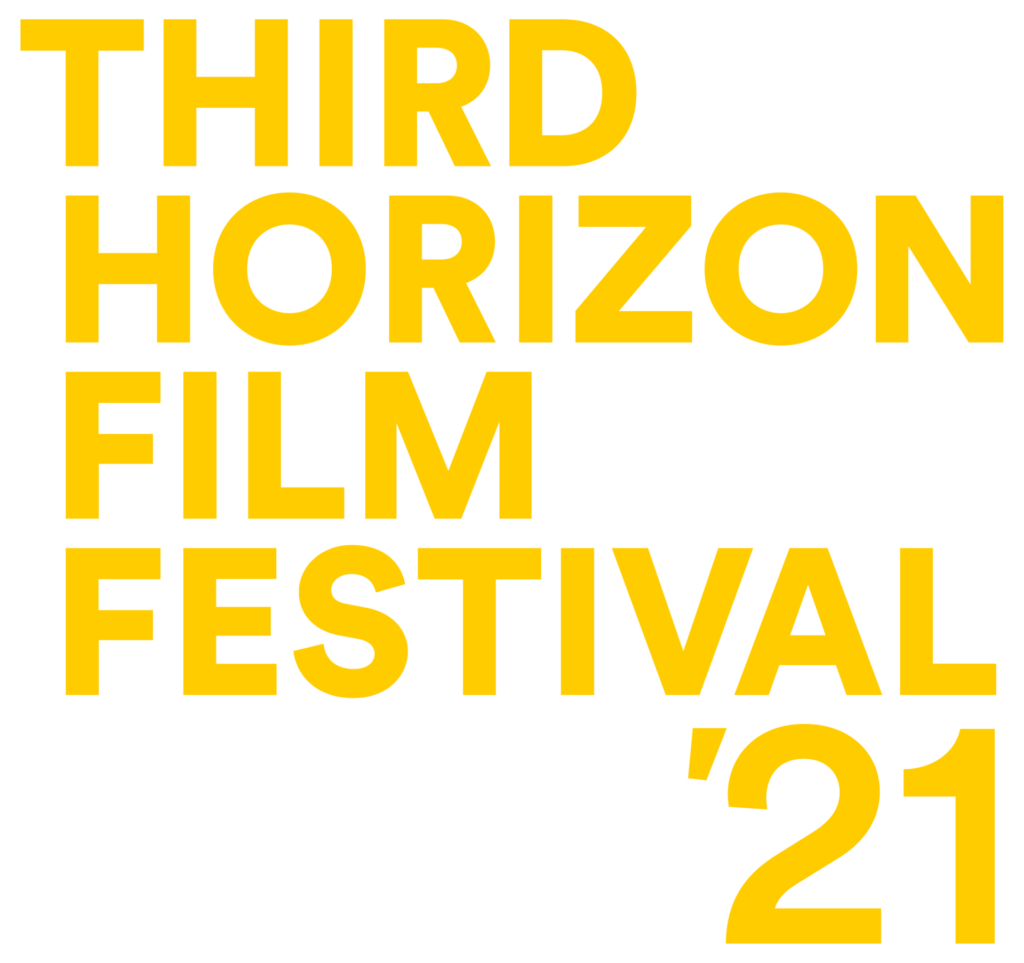
FI DEM III: ANCESTRAL INTERFERENCE
Share
Venue
Synopsis
Fi Dem III: Ancestral Interference, like the preceding installments of the filmmaker’s project (both previous THFF selections), invokes the HMT Empire Windrush’s mid-century voyage from Jamaica to London—except now we see it placed explicitly alongside emblems of the transatlantic slave trade. The slave ship’s hold stretches across centuries of black Caribbean history into the present, as the film turns our attention to the legacies of black Caribbean life, sound, resistance and communion within its diaspora. The film also draws from personal and familial archives to chart several black Caribbean journeys and narratives, some of which have been imaged and returned to throughout the series.
Fi Dem III: Ancestral Interference screens as part of the shorts program Beyond the Barricades, on Tuesday, June 29 at 6:00 pm.
Please note: this film can be viewed only once during a three-hour window beginning at the scheduled time. For more information on viewing your film, please visit our FAQ and How to Watch pages.
About the Director
Zinzi Minott’s work focuses on the relationship between dance, bodies and politics. Zinzi explores how dance is perceived through the prisms of race, queer culture, gender, and class. She is specifically interested in the place of black women’s bodies within the form. As a dancer and filmmaker, she seeks to complicate the boundaries of dance seeing her live performance, filmic explorations and objects a different, but connected manifestations of dance and body based outcomes and enquiry. Zinzi is interested in ideas of broken narrative, disturbed lineage, and how the use of the glitch can help us to consider notions of racism one experiences through the span of a black life. She is specifically interested in telling Caribbean stories and highlighting the histories of those enslaved and the resulting migration of the Windrush Generation.



